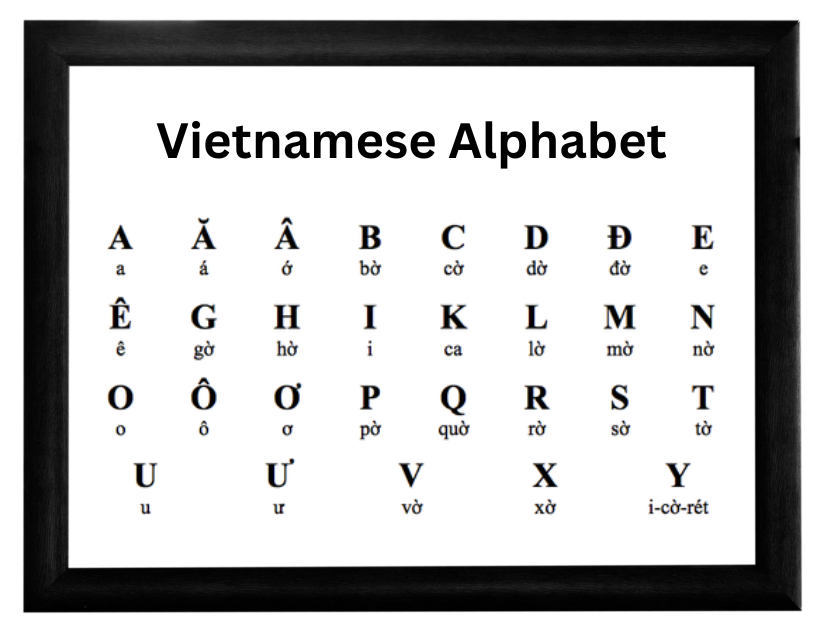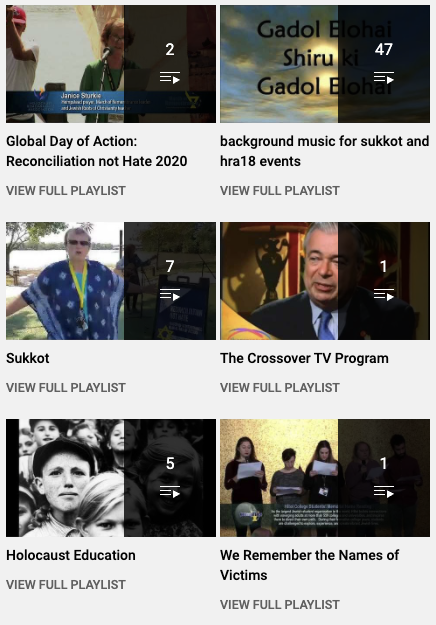December 18, 2024 by Hao Nguyen
I recently watched the Vietnamese news on facebook, where they highlighted a concerning trend: many children in Vietnam are increasingly speaking English over Vietnamese. They pointed out that the preference for English often leads to a disconnect between generations within families. For Vietnamese children and teennagers nowsaday, speaking English feels more comfortable in school and social settings, but this shift often comes at the cost of understanding the cultural heritage my grandparents carry. I find this pattern troubling, as it shapes not only vietnamese family dynamics but also our understanding of identity. While I embrace the opportunities that come with mastering English, I also recognize the importance of Vietnamese in connecting with my roots. This trend made me questioned myself that: How do we navigate a world that encourages assimilation while preserving our cultural identity?
Upon reading the article “Hitler’s Racial Ideology: Content and Occult Sources” by Jackson Spielvogel and David Redles, the Holocaust serves as a profound reminder of the consequences of erasing cultural identities. Adolf Hitler’s regime sought to impose a singular, oppressive ideology that disregarded the rich diversity of human experiences. His belief in Aryan superiority led to systemic discrimination against Jews and other minority groups, culminating in the horrors of genocide. The chilling policies established under the Nazi regime aimed to obliterate entire cultures, languages, and traditions. This historical context underscores the importance of acknowledging and cherishing cultural identity, as the absence of these diverse voices can lead to devastating consequences. Language is not merely a means of communication; it is an essential part of cultural identity. During the Holocaust, the attempt to suppress Jewish culture included destructive campaigns against language and education. By eradicating the language of a people, the oppressors aimed to erase their history and identity. These tactics highlight the need for vigilance in preserving language and culture today, as a means of honoring those who suffered the consequences of such oppression.
Reflecting on these historical events, it becomes clear that we have a responsibility to educate ourselves and others. Holocaust education is vital in fostering empathy and understanding. By remembering the atrocities committed during this time, we reinforce our commitment to combat hatred and bigotry in all forms. Sharing the stories of Holocaust victims helps ensure that their experiences are not forgotten. This education is essential for creating a more inclusive society, one where diverse identities can coexist and thrive.

